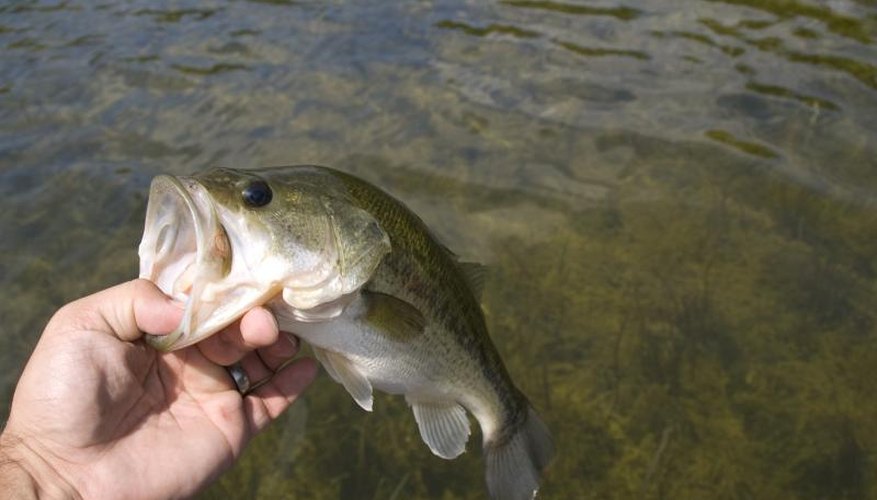
Wisconsin is one of the top fishing destination in the country. The state's Department of Natural Resources enforces regulations to ensure good fishing opportunities continue into the future. The regulations help keep fishing fair for everyone, control the impact on fish populations and help maintain a healthy number and size of fish in the lakes and rivers.
Fishing Without a License
A fishing license is required for Wisconsin residents and non-residents 16 years and older. Fishing licenses are sold through the Department of Natural Resources Service Centers, with an individual annual license costing $20. The fine for fishing without a license varies by county. If you're caught fishing without a license, you can expect a minimum fine of $100.
Taking Over the Daily Limit
Overfishing reduces the fish population below acceptable levels and threatens future fishing opportunities. To prevent overfishing, the DNR limits the amount of fish you're allowed to take on a daily basis, which varies depending on the waters you're fishing and the type of fish. For example, if you're fishing largemouth bass in the general inland waters, the daily limit is five per person. If you're caught over the daily limit, expect to have your fishing privileges revoked for at least one year and pay a minimum fine of $1,000.
Taking Undersized Fish
To keep each species thriving, the DNR sets a minimum size for the fish you're allowed to take, which varies by species and waters. Taking undersized fish threatens the population. Measure the fish you catch from tail to lower jaw and immediately return any undersized fish back the water that they came from. As an example, smallmouth and largemouth bass caught in Namekagon River in Washburn County, must be at least 14 inches. The fine for taking undersized fish varies, but can cost anywhere from $100 to $500.
Fishing During a Closed Season
The DNR establishes open season dates per species depending on the different rivers and lakes and anglers are fined if caught fishing during a closed season. For example, catfish season for the Lower Wisconsin River, starts the first Saturday in May and ends November 30. If you plan to fish for catfish in this river, you must do it in season. The fine for fishing out of season is a minimum of $100. Repeat offenders risk having their fishing privileges suspended for one year.
References
Writer Bio
Ainsley Whitley is a contributing writer for various branded properties that together attract more than 280 million readers seeking influential content. Whitley's articles have appeared in various print and online magazines, including "GQ," "Details," "Southern Living" and "Cooking Light."



